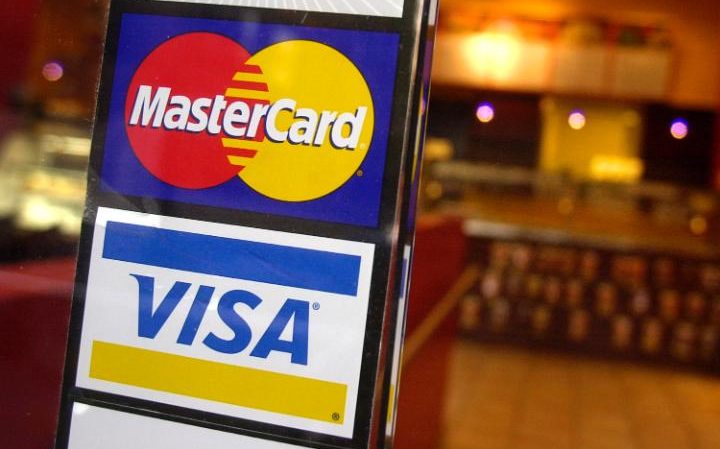Contactless now makes up one in five of all face to face card payments under £30, figures show after a five fold increase in their use by shoppers.
The plastic technology was only used in one in 25 card transactions where customers could “wave and pay” last year.
The increase is a sign of its growing popularity and more retailers offering the facility, as well as a rise in the limit from £20 to £30 in September.
In the six months since then, contactless made up 10 per cent of face to face card payments in the £20 to £30 range – some 36 million transactions.
The figures relate to Visa cards, which make up 95 per cent of such purchases.
Kevin Jenkins, managing director UK and Ireland for Visa Europe, said: “The trajectory for contactless payments continues to look very strong.
“Increasing the spending limit to £30 has clearly encouraged consumer adoption and retailer opportunity across Britain; families are now able to do their weekly supermarket shop and pay contactless; the increase has driven a demonstrable shift in consumer behaviour.”
Contactless has been most popular in bars and clubs, supermarkets and restaurants.
Mr Jenkins added: “While the number of transactions continues to grow, we are already seeing the next generation payment technology arrive, with mobile and wearable payment services bedding in.
“Where the convenience and safety of making a contactless payment is available, consumers are eager to be cash free and proud.”







